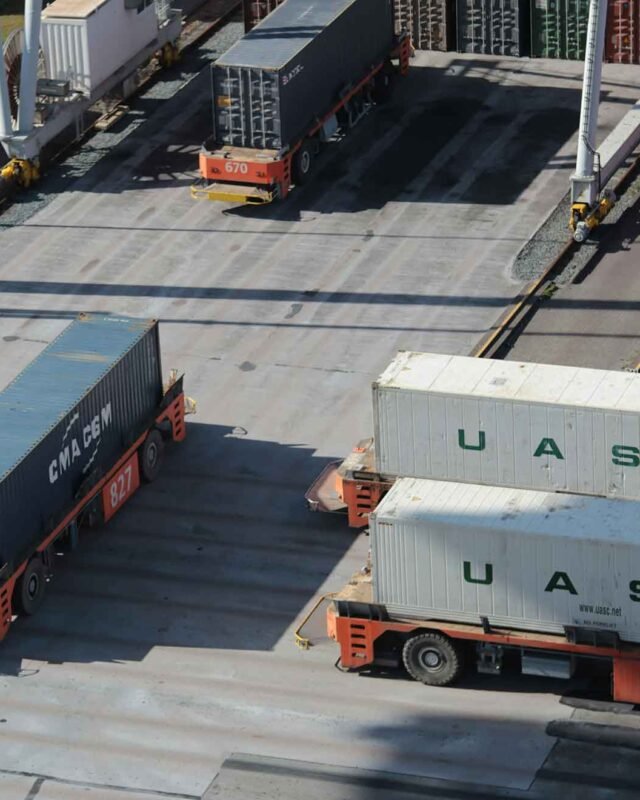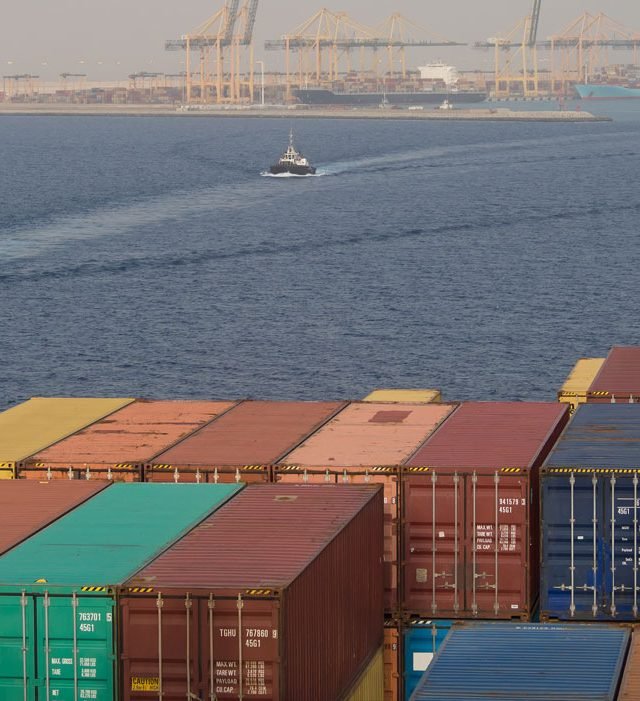Logistics Challenges for FMCG in the Saudi Market
The fast-moving consumer goods (FMCG) sector in Saudi Arabia is experiencing unprecedented growth, fueled by increasing consumer demand, urbanization, and a shift towards modern retail formats. However, this rapid expansion presents unique logistical challenges that require efficient and innovative solutions. A key focus for businesses is the logistics network optimization that ensures products are delivered timely and cost-effectively across the Kingdom.
Complex Distribution Networks
Saudi Arabia’s vast geography poses a significant challenge for FMCG companies in terms of distribution. The country’s size and the scattered nature of its urban centers make it difficult to establish a streamlined logistics network. In cities like Riyadh, Jeddah, and Dammam, dense populations demand constant and reliable supply, but reaching remote areas with the same efficiency is a daunting task. Logistics network optimization becomes essential in creating efficient routes and reducing transportation costs while maintaining product freshness and availability.
Warehousing Constraints
The FMCG sector heavily relies on warehousing to store products before they hit the retail shelves. However, Saudi Arabia faces a severe shortage of warehousing space, particularly in major urban centers. For example, more than 95% of available warehouse space in Riyadh and Jeddah is already occupied, leaving limited room for growth. This scarcity drives up rental costs and forces companies to look for alternative solutions, such as shared warehousing or investing in new facilities. The need for logistics network optimization also extends to warehousing, as companies must find the balance between proximity to retail outlets and storage efficiency to reduce operational costs.
Regulatory Compliance and Customs Delays
Navigating Saudi Arabia’s regulatory environment is another critical challenge for FMCG companies. The Kingdom’s customs regulations are stringent, requiring a host of documentation and adherence to specific import rules. Delays at customs can disrupt the entire supply chain, leading to stockouts and increased costs. To mitigate these risks, businesses must focus on logistics network optimization that includes compliance with local laws and efficient customs processing to ensure smooth and timely deliveries.
Technological Integration
The integration of advanced technology in logistics operations is vital for overcoming these challenges. However, many FMCG companies in Saudi Arabia still lag in adopting technologies like automation, real-time tracking, and AI-driven analytics. These technologies are essential for logistics network optimization as they provide valuable insights into inventory levels, transportation efficiency, and demand forecasting. Companies that fail to embrace these innovations risk falling behind in an increasingly competitive market.
Workforce Development and Talent Shortage
A skilled workforce is crucial for managing the complexities of FMCG logistics, yet Saudi Arabia faces a shortage of professionals trained in modern logistics practices. This skills gap can lead to inefficiencies in supply chain management and higher operational costs. Investing in workforce development, through partnerships with educational institutions or in-house training programs, is necessary to optimize logistics networks and ensure the smooth functioning of FMCG operations.
Opportunities for Growth and Innovation
Despite these challenges, Saudi Arabia’s FMCG logistics sector presents several opportunities for growth and innovation. The ongoing expansion of logistics infrastructure, such as new free zones and bonded areas, offers FMCG companies the chance to optimize their supply chains and reduce costs. Additionally, there is significant potential for investment in warehouse development, particularly in underserved areas. By addressing the current shortage, companies can position themselves as leaders in the sector.
Moreover, the increasing adoption of technology, such as automation and real-time tracking systems, opens up opportunities for businesses to enhance their operational efficiency. Companies that invest in these technologies can gain a competitive edge by reducing lead times, improving inventory management, and providing better service to their customers.




